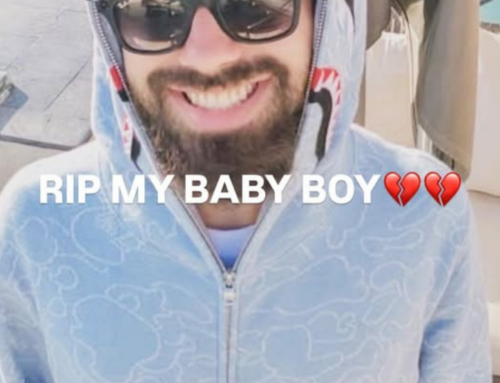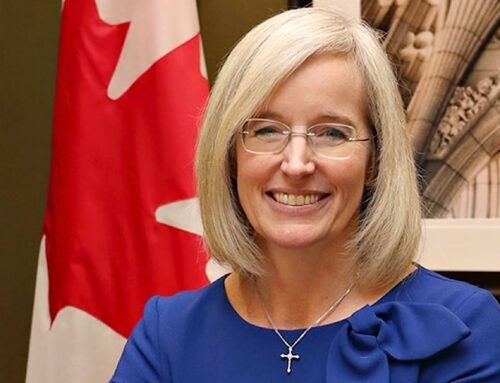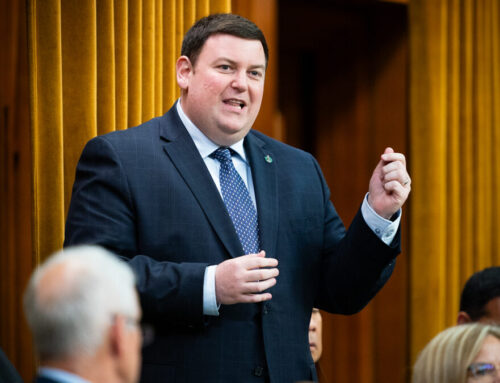Paul Tuns
Back in 2017, the CBC assured viewers that it is a “misconception” that so-called Medical Assistance in Dying “puts vulnerable people at risk.” Five years later, what can be said assuredly about the CBC’s statement is that if anything, advocates for the vulnerable may have underestimated how wide the euthanasia net would capture not only patients within the medical system, but those on society’s margins and those living in Canada’s welfare system who believe that being killed by a physician is better than continuing to live in poverty.
The Canadian health system actively kills more than 10,000 patients a year through a regime euphemistically called Medical Assistance in Dying. The intent of the name and acronym—MAiD—is to paint euthanasia as medical care rather than the deliberate ending of a patient’s life.
Politicians, doctors, and journalists steadfastly refuse to call the policy euthanasia or doctor-assisted suicide, referring to it instead as a medically aided death.
The law states that an individual must have an irremediable health condition. The requirement that death be reasonably foreseeable was tossed aside two years ago, and beginning either in March or sometime afterward, people suffering solely from mental illness will be eligible to be medically killed.
What is happening, however, is that there are patients being approved for euthanasia who are seeking to end their lives not because of their physical or mental conditions, but their financial situation, for social reasons.
Michael Fraser, 55, of Toronto, had a liver disease, depression, and could not walk, but was not dying. He was killed by Canada’s MAiD regime in July. The Toronto Star reported on his death four months later, noting: “He was not terminal. But a constellation of factors – intractable diseases, poverty, childhood sexual trauma, mental health challenges, and the option of an assisted death – made him question whether his life was one worth continuing to live.” Nearly the entirety of his $1100 disability cheque was used to pay for his one-bedroom apartment, shared with his wife. He did not get outside because his apartment building had no elevator. He missed his friends. Fraser admitted he sought to be euthanized because he did not feel that his life in poverty provided him with a dignified life.
Les Landry, 65, of Medicine Hat, Alberta, was wheelchair bound and had both epilepsy and diabetes. However, his disability benefits ended when he became 65 and due to different rules for senior citizens, feared becoming homeless. He said, “I don’t want to die but I don’t want to be homeless either.” He applied for MAiD and within 11 days a doctor came by to assess him and approve his request. Landry said the physician told him “I can see why you’re doing this,” noting “he’d administered MAiD to people he knew were doing it because of poverty.” Landry is awaiting a second approval, but he views the medicalized killing of poor people as a way of governments to cut costs “under the guise of sympathy and compassion.”
Amir Farhoud, 55, of St. Catharines, Ont., suffers from numerous conditions including excruciating back pain and depression, but he did not apply for MAiD because of his health issues but because he was about to become homeless. After an online appeal raised more than $50,000 for him, he changed his mind about being killed. He said that people like him are being approved for euthanasia even though they are being requested “in a fit of despair.”
Statistics Canada reports that there are 1.4 million Canadians living with a disability who live in poverty. It can be a vicious cycle, with disability making work impossible and the resulting poverty making living with a disability more difficult. Alex Schadenberg of the Euthanasia Prevention Coalition has noted, “It was argued that expanding euthanasia to people with disabilities, who are not otherwise dying, provided equality but in fact it undermines the equality of people with disabilities who are often living in poverty.”
It must be noted that poverty is one criterion for euthanasia or physician assisted suicide in Canada. Dr. Ellen Wiebe, who transitioned from doing abortions to euthanasia, is a British Columbia physician who has killed more than 400 patients in the last seven years and admits “poverty was definitely involved” in numerous cases but insists that many people would still choose to die even if they had more financial resources.
These cases of approved euthanasia absent any irremediable medical condition are being labeled “poverty euthanasia” which the Daily Mail describes as “those who fall through Canada’s over-stretched social welfare net and are deciding they have no better option than state-assisted suicide.” They might even more accurately be what the Dutch euthanasia regime calls “tired of life” cases, but in some of the cases which became public, those seeking (and approved for) medical assistance in dying, the outpouring of support from the public encouraged them to change their mind and embrace life again.
But there is also something more pernicious than that, and it is the Department of Veterans Affairs offering euthanasia to veterans who are simply seeking disability benefits. Global News has uncovered at least six stories of military veterans being offered euthanasia through Veterans Affairs. Christine Gauthier, a paralympian athlete, sought assistance from Veterans Affairs for a stairlift. After complaining that five years of trying to obtain this simple feature to her house to make life more manageable she had still not received the sought-after assistance, a Veterans Affairs official told her that if she was so “desperate” they could assist her in accessing a MAiD death. She did not want to be killed. She just wanted a stairlift. Prime Minister Justin Trudeau said the case was “absolutely unacceptable” but the problem seems not to be an isolated case.
Unprompted suggestions by medical caregivers that patients might want to consider euthanasia is also a problem. Probably the most famous case in Canada is that of Roger Foley, 47, of St. Thomas, Ont., who suffers from a degenerative brain disorder and needs assistance living. He secretly recorded a conversation with staff at a London, Ontario hospital, where he was told that keeping him alive would cost “north of $1500 a day.” The message was that his being killed would save the hospital a lot of money.
Canada is the world’s 10th richest economy, and yet we find ourselves in a situation in which people who cannot afford to live with dignity are choosing an expedited medical death. Karandeep Sonu Gaind, professor of psychiatry at University of Toronto and physician chair of the Humber River Hospital MAiD team, wrote in The Conversation: “We have now had marginalized Canadians, living in poverty, being given state-supported suicide who have openly said they chose MAID not to avoid suffering from illness, but because society had failed to provide them a chance to live with dignity.”





